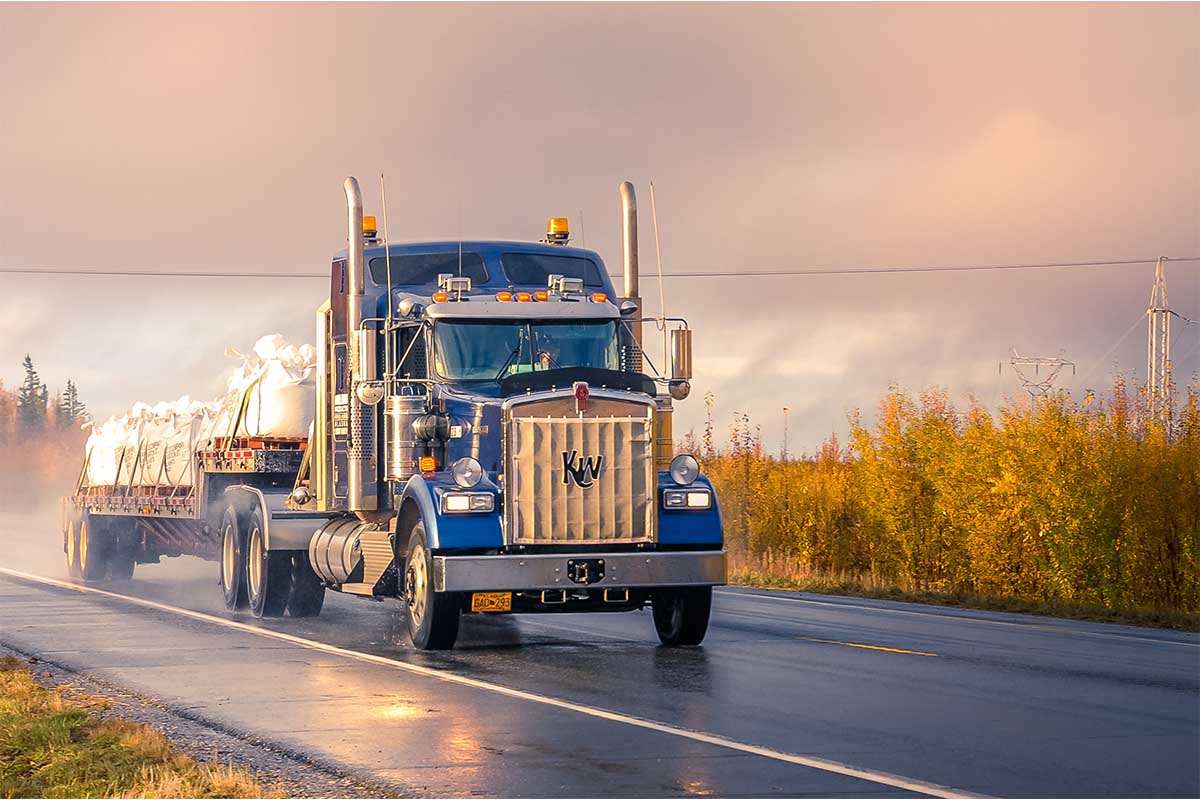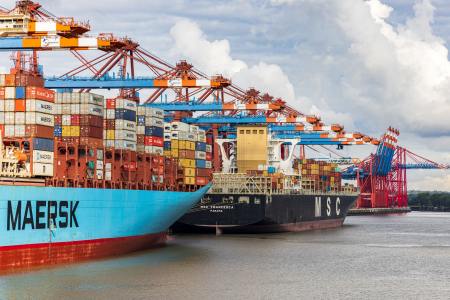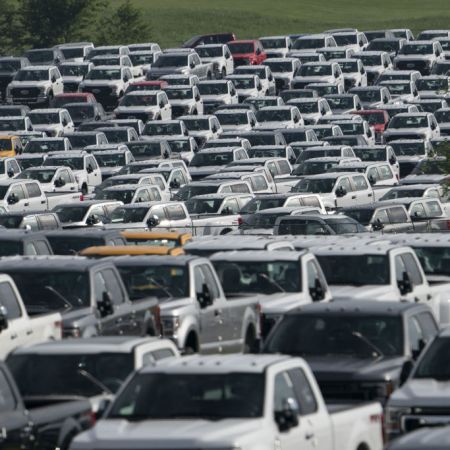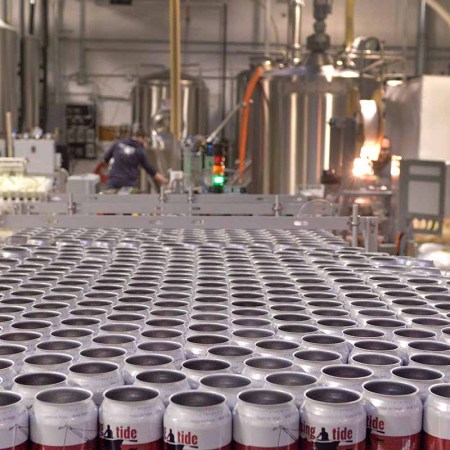There are a lot of vague excuses thrown around these days when there’s a sudden price increase or a shipping delay. We hear about “supply chain issues” and the difficulty in finding workers, the latter occasionally couched in a generational shaming “nobody wants to work anymore” lament. But there’s one industry where that’s possibly not true, even though it defies a common belief. According to one insider, there are plenty of truck drivers, and any “shortage” of them is really more about working conditions at larger companies — and, conversely, the freedom and benefits offered by smaller and independent trucking carriers.
Per the trade publication FreightWaves, the number of trucking carriers increased by 45% since 2019. During the same time period, truckload demand was only up 11%. So if you follow those numbers, it’s not the lack of drivers. “The current difficult conditions in trucking are a result of too much capacity chasing too little freight,” FreightWaves CEO Craig Fuller notes.
Getting Deliveries to Cargo Ships During a Supply Crisis Isn’t Easy
Tough times for maritime businessesYou can credit (or blame) the rise of independent trucking operators. Fuller argues that larger trucking companies are finding it difficult to recruit drivers into their fleets. He blames the American Trucking Association, a trade association consisting of midsize and large trucking fleets, for perpetuating the driver shortage myth. You’re not going to get government funding for employee driver training and recruitment programs — or relaxed regulations — if Congress doesn’t think there’s a driver shortage, right?
Fuller, who is admittedly using stats from his own company’s proprietary data platform to bolster his argument, suggests that midsize and large truck fleets have problems recruiting new employee drivers because of “lifestyle issues.” “Many drivers do not want to be away from home for days or weeks at a time, especially in a forced dispatch operation, which is typical of truck driver fleet operations,” he writes. “For truck driving entrepreneurs who want to have the autonomy of their own operations, no such challenges exist.”
In other words, smaller or independent trucking carriers offer a better work environment. One way for larger fleets to compete might be to become more flexible with scheduling and offer better pay, benefits and worker empowerment — ideas that do well for almost any other business.
Thanks for reading InsideHook. Sign up for our daily newsletter and be in the know.




















